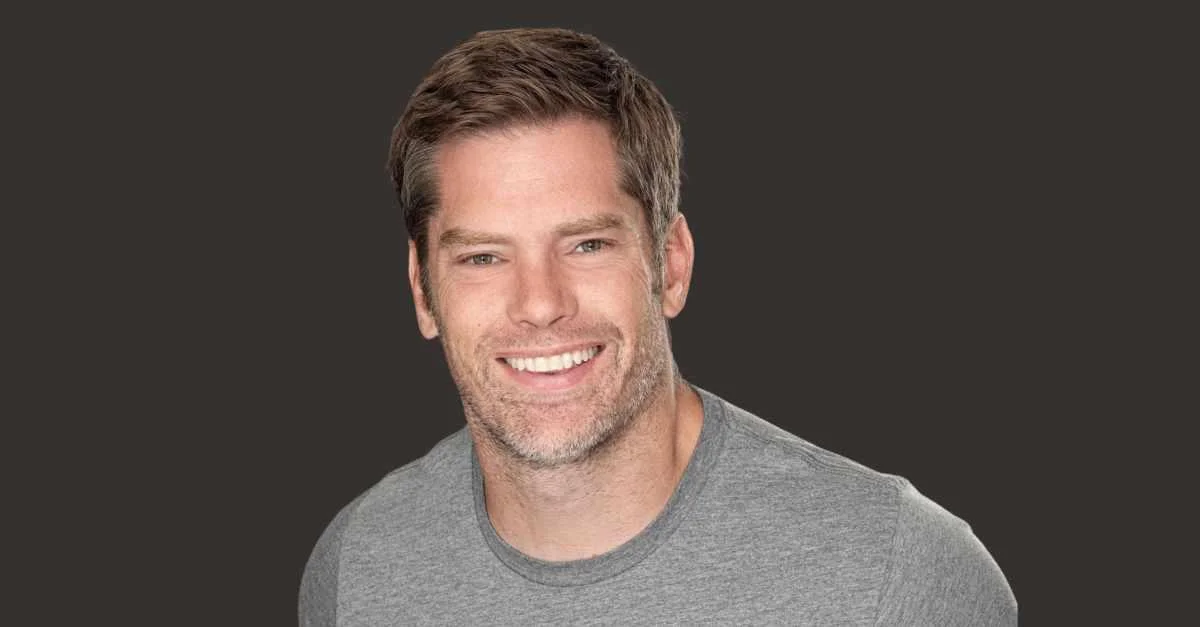The concept of a Jubilee Year, as instructed to Moses, includes the forgiveness of debt. This principle has been revived by Pope Francis for the current Jubilee Year, which began on Christmas Eve 2024. In his New Year's address, the Pope emphasized the importance of translating divine forgiveness into societal actions to prevent families from being overwhelmed by debt.
Barry Shay from St. Joseph the Worker Catholic Community in Maple Grove, Minnesota, notes, "Medical debt can be crushing for people," highlighting its pervasive impact regardless of insurance coverage. Shay cites the theological nature of debt forgiveness that organizations such as Undue Medical Debt embody through their work.
Undue Medical Debt, a nonprofit started by ex-debt collectors, uses donations to purchase and annul large medical debts. With every $10 donated, $1,000 of medical debt is erased on average. Since becoming operational in 2014, the organization has relieved over $14.8 billion of medical debt for nearly 9.85 million Americans.
Various Catholic parishes and organizations have taken part by running fundraising campaigns. Shay's community has joined with 20 other congregations in Minnesota to support Undue Medical Debt. Shay describes the relief recipients feel as "a miracle to them."
The issue of medical debt is significant in the U.S., with research showing that many Americans file for bankruptcy due to medical expenses. The Consumer Financial Protection Bureau reported in 2024 that approximately 100 million Americans owe more than $220 billion in medical debt.
Allison Benjamin from Creighton University initiated a campaign with Undue Medical Debt inspired by Jesuit values and her research on medical debt litigation. She collaborated with Nebraska Appleseed and a state senator to draft a bill to limit the percentage of wages that can be garnished for medical debt. Despite the uncertain future of the bill, Benjamin remains committed to the cause, emphasizing its alignment with dignity and choice for individuals.
Eric LeCompte of the Jubilee USA Network criticizes the reliance on platforms like GoFundMe to manage medical costs, calling it "absolutely tragic." He highlights the increase in medical-related fundraising campaigns on the platform.
San Francisco Solano Catholic Church's Peter Truong, a medical professional, became involved with Undue Medical Debt after learning about its impact. He and his colleague Brach Rick explored potential ethical concerns and ultimately decided to proceed with the program, encouraged by ease of participation and support from their religious community.
Kimberley Heatherington reports for OSV News from Virginia.
 Alerts Sign-up
Alerts Sign-up






